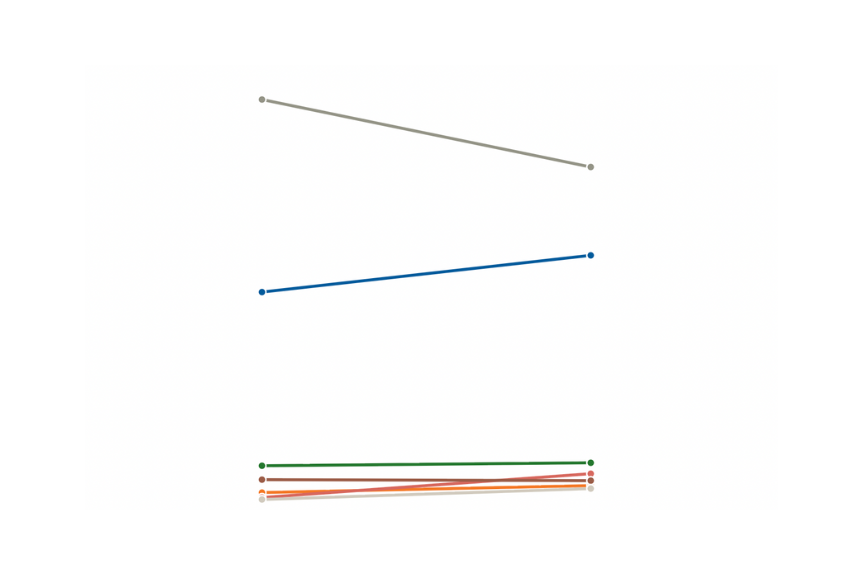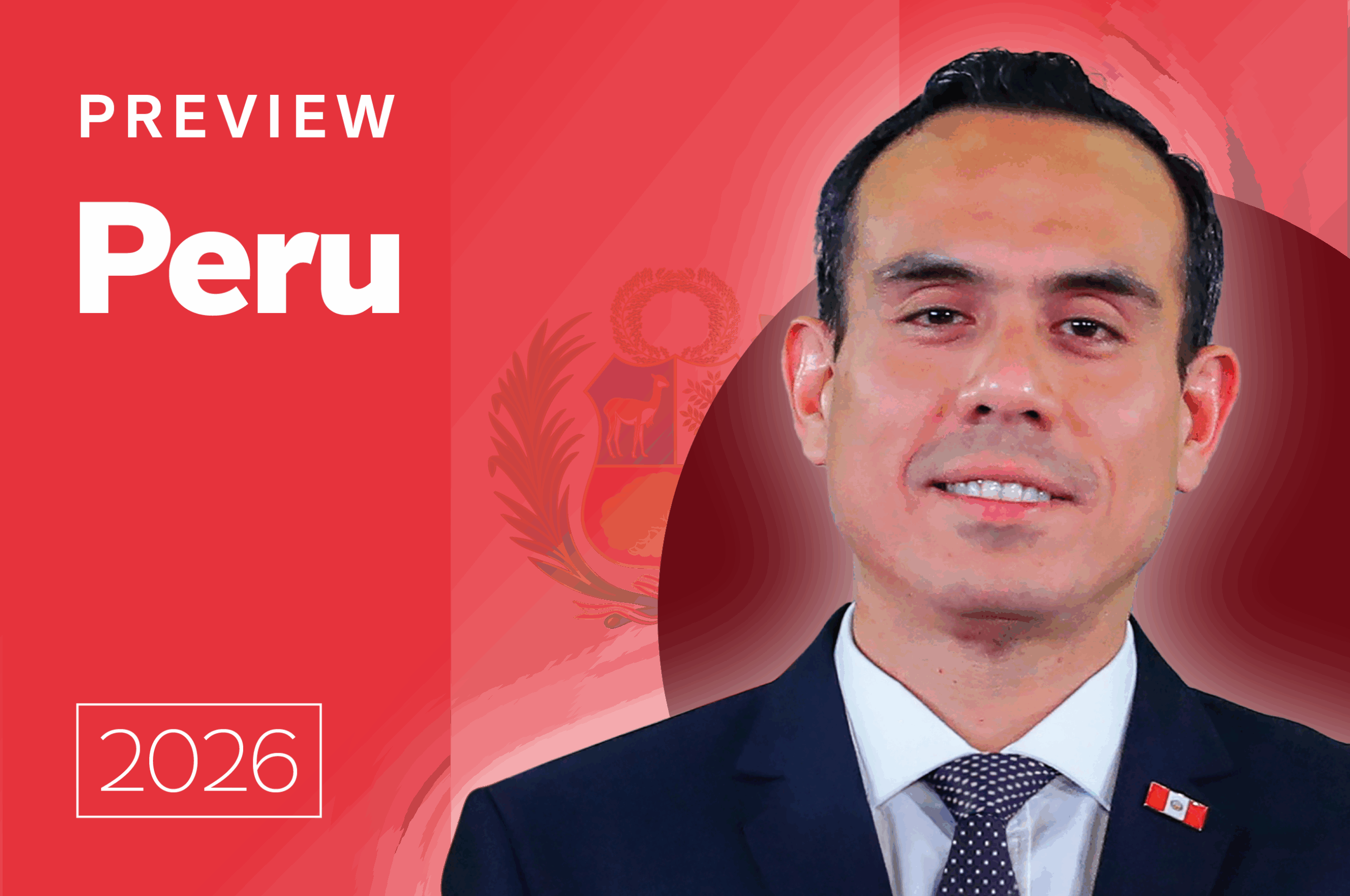Brazil's Presidential Election: On to the Second Round
Brazil's Presidential Election: On to the Second Round
The campaign ahead of the second round election on October 31 will allow Dilma Rousseff to be better prepared for the realities of politics once she is likely confirmed as president.
Brazil’s presidential election shows once again that it’s a country of surprises. Based on numerous opinion polls, it seemed clear that Dilma Rousseff (Partido dos Trabalhadores - PT) would win easily in the first round. Instead, although winning 46.9 percent of the votes, she now faces the prospect of another tough month of campaigning against veteran politician José Serra prior to the second-round election on October 31.
Dilma is likely to prevail in the second round against Serra, although the difference in votes will not likely be overwhelming. José Serra, the Partido da Social Democracia Brasileira (PSDB) candidate who won 32.6 percent of the votes, is going to attract a substantial number of those who voted for Marina Silva in the first round. Many of her Partido Verde (Green Party) supporters are relatively better educated and with higher incomes than the average Brazilian. They also tend to be located in the South and Southeast of the country. These factors all work in Serrra’s favor. That means that the vote on October 31 will be a relatively close one. But Dilma should prevail in this second round and become President on January 1, 2011.
The question to consider is what such a tough win will mean for a potential President Rousseff and her mandate. Will it undermine her authority once in office, causing her to water down her program, to be more conciliatory toward a large and entrenched opposition? Will she be less free to pursue her major objectives that importantly revolve around the role of the state in the Brazilian economy?
The reality is that being forced into a second round may not be a huge setback and it may actually be an opportunity for Dilma in disguise. Brazilians like to vote and second round runoffs are common. Even after four years in office, Lula himself was forced into a second round in 2006 where he also faced an uncharismatic former (and future) governor of São Paulo in Geraldo Alckmin. Lula campaigned confidently for the second round then and won handily. Dilma can follow this same script, confident that she needs only to shore up her own base and attract a small percentage of Marina voters.
Read the full text of this article at www.americasquarterly.org.
Thomas J. Trebat is executive director of the Institute of Latin American Studies and of the Institute's Center for Brazilian Studies at Columbia University.








